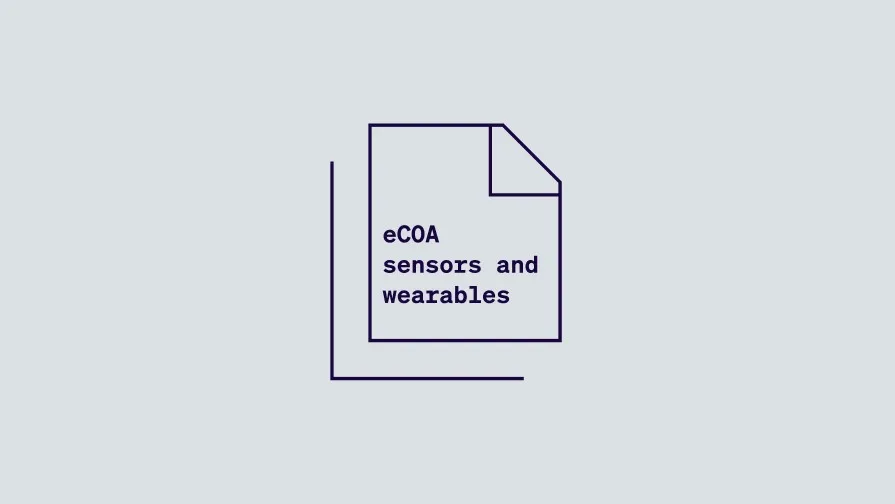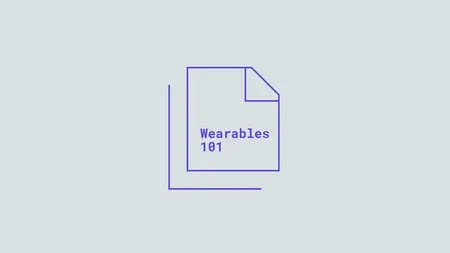Connected Sensors


The role of eCOAs and wearables in modern oncology clinical trials
In the rapidly evolving landscape of oncology clinical trials, the integration of electronic Clinical Outcome Assessments (eCOA) and wearable technologies is revolutionizing how data is collected and patient experiences are monitored. These technologies offer unprecedented opportunities to enhance data quality, improve patient engagement, and enable real-time tracking of treatment efficacy and side effects. This blog post delves into the pivotal roles that eCOA and wearables play in modern oncology clinical trials, highlighting their impact on patient-centric research and the advancement of cancer care.


Creating success with digital measures
The landscape of clinical trials is undergoing a significant transformation as digital measures and digital health technologies (DHTs) continue to evolve and prove their worth.
As of December 2023, approximately 1,550 clinical trials worldwide utilized wearable devices, representing about 2% of all trials. While this percentage may seem small, it marks a steady increase since 2014, and the momentum is set to accelerate.


Back to basics: What are wearables and how are they powering patient diversity and efficiency in eCOA
Mobile health technology, like medical-grade wearabledevices, can transform patient monitoring by enabling the collection of newtypes of data and better accuracy of patient responses. This tech can increaseaccessibility of trials for patients and even increase diversity and reducepatient burden by removing geographical and travel barriers.
As a result of these myriad benefits, we’ve seen theincreasing inclusion and acceptance of wearable devices throughout clinicaltrials. Here, we’ll dive into the specifics of these helpful tools and theirimpact on the future of medicine.



.webp)
